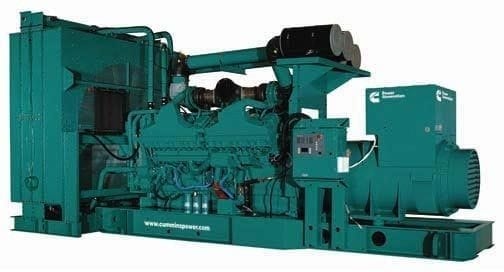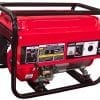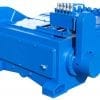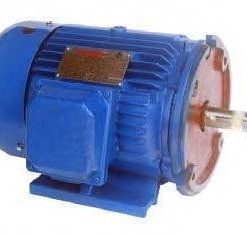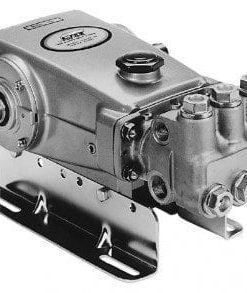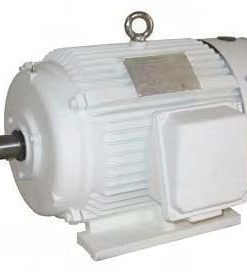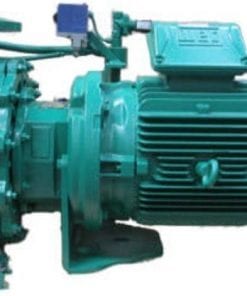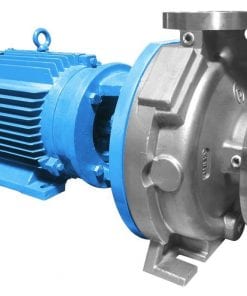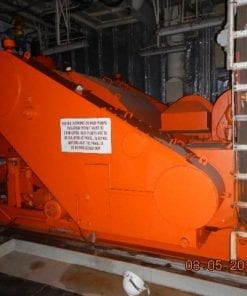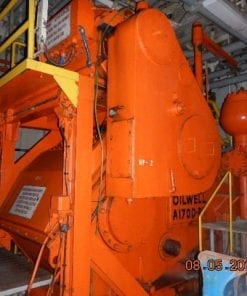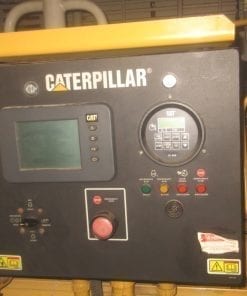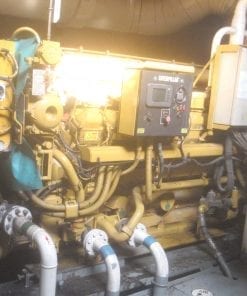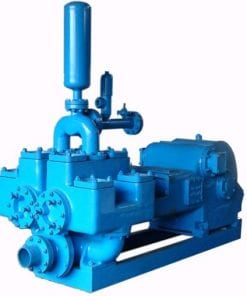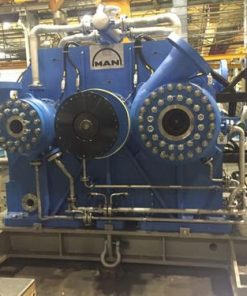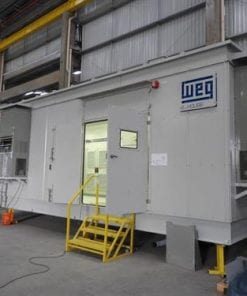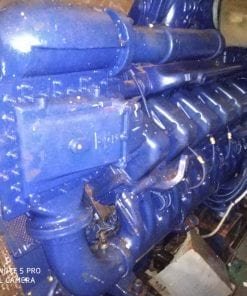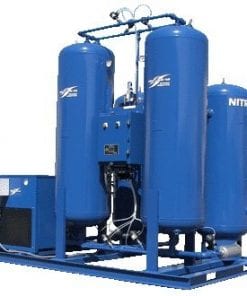Diesel generators are an alternative, reliable source of voltage power often used by homes and many businesses. Diesel generators produce electricity by using an alternator and a diesel engine. The engine uses diesel fuel to operate. The power of the engine (reflected as RPMs) is transformed by the alternator into a usable electrical current.
When to Use Diesel Generators:
When work sites, homes, or buildings don’t have access to utility power, diesel generators provide an ideal alternative. In the case of construction sites where access to a power grid is impossible or a transport ship needing energy for navigation and propulsion systems, the voltage produced by a diesel is sufficient.
A diesel generator also can take the place of an uninterruptible power supply (UPS). A generator can provide redundancy if a power grid suffers an outage. This power redundancy allows businesses to maintain their operations, hospitals to retain use of their instruments and airports to preserve system integrity. Any organization that controls mission critical applications can benefit from having a generator available as a reliable power source.
Advantages of Diesel Generators:
Diesel generators provide a continuous stream of voltage power without the peaks and dips of other devices, thus helping to regulate fluctuations.
Diesel Generators are designed for continual use and have fewer moving components than other types of generators. As a result, they require less maintenance and repair. As long as you perform routine maintenance, the generator should function in times of crisis without issues.
Avoiding Potential Damage
Although one would think that the less energy expended by the diesel generator, the longer it lasts, in reality, the opposite is true. When diesel generators are used at less than 70% of capacity, it wears on their engine.
One of the most common causes of damage to diesel generators is when they’re under-loaded. That is, diesel generators function most effectively when they’re operating at high capacity. When they’re used for low capacity tasks (such as powering 10% of the voltage load), they can start to build up carbon and internal glazing. Eventually, soot and residue from unused fuel can accumulate and clog the generator’s piston rings.
The longer this happens, the more pronounced the degradation of the diesel generator’s system. To avoid this, you should use the generator at approximately 70% of the maximum load. One effective strategy for accomplishing this is to use a UPS for short-term emergencies. Then, have a diesel generator available for long-term outages. Though these generators tend to be expensive, their value as a dependable source of electricity can make them a worthwhile investment.
Generator size
Generating sets are selected based on the electrical load they are intended to supply, the electrical load’s characteristics such as kW, kVA, var, harmonic content, surge currents (e.g., motor starting current) and non-linear loads. The expected duty (such as emergency, prime or continuous power) as well as environmental conditions (such as altitude, temperature and exhaust emissions regulations) must also be considered.
Most of the larger generator set manufacturers offer software that will perform the complicated sizing calculations by simply inputting site conditions and connected electrical load characteristics.
option.
When considering what type of generator to buy, shoppers can select from a variety of choices. Two of the most popular generator types include gasoline and diesel powered options for the home and business. When purchasing a generator, make sure to weigh the pros and cons of each generator type and how each type performs under certain circumstances.
Types of Generators
Whether using a diesel generator or a gasoline generator, shoppers have a good selection of generator types to choose from. The exact type that shoppers need depends in large part on the application that they plan to use it for. The table below details the different generators available, including portable, camping, and standby generators.
Camping Generator
Useful when on outdoor excursions such as camping trips or picnics; inverter technology has made these once noisy generators run a lot quieter
Portable Home Generator
Used as a backup generator in a home setting; power can be provided by running multiple extension cords into the home from the generator or by connecting the generator to a transfer switch
Portable Industrial Generator
Portable industrial generators are more durable than portable home generators; this is due to their use at construction sites or as backup power for a business
Standby Home Generator
Unlike a portable home generator, standby home generators are typically not moved once they are put in place; they are larger than portable generators for the home and tend to be more powerful.

